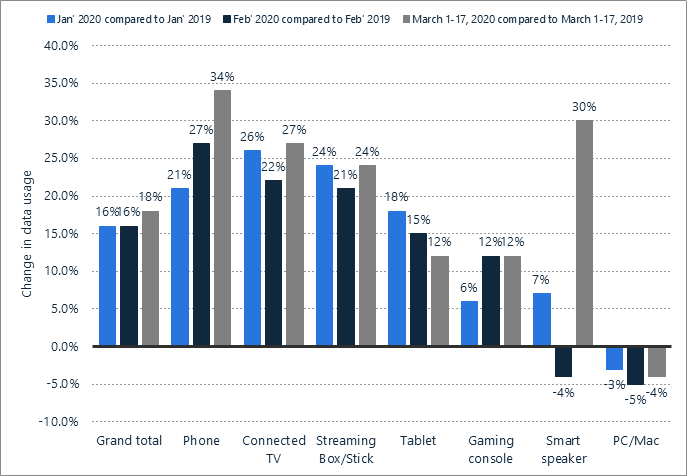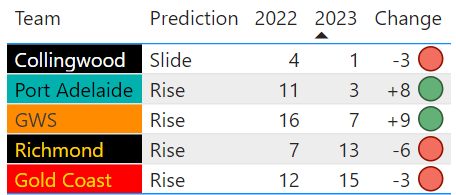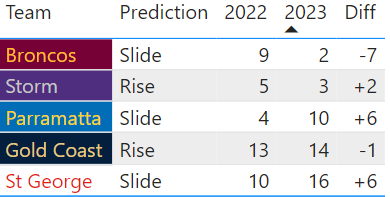Experiencing Sydney's COVID-19 Quarantine
Over the past month, international arrivals into Sydney airport have been placed into mandatory quarantine in a number of Sydney CBD hotels. Mohamed Shakir, White Box’s new Senior Data Scientist, has spent the last two weeks in lock-down. Read on to find out more about his very positive experience as well as some key statistics about lock-down skepticism, effects on different industries and behavioural changes resulting from Covid-19.
“Myself, my wife and two kids boarded from Qatar to Sydney to join White Box Analytics on the first week of April (thanks to Qatar Airways for taking us home and for taking care of us the entire flight) . Before disembarking the aircraft, we were all requested to sign the declaration form for mandatory quarantine of 14 days at a hotel assigned by the Australian Government.
Right after that, we all were assisted by BioSecurity officers and we were asked to wear mask and maintain a safe distance of 1.5 - 2 meters apart for social distancing measures at the arrivals. Next, we were screened for any symptoms of COVID-19 including fever checks. The officers were very kind and very supportive in providing information and on next steps.
After the immigration checks, we were guided by NSW Police officers and they even provided bottles of water for all of us! They were very cooperative, they have told since we have young kids, they will provide a spacious stay for next 14 days.
The bus arrived at the airport to take us to the hotel. With the help and support of Army and Air force officers, they helped us in lifting up our heavy bags into the bus! A big salute to all of them!
We were really surprised to discover that we have been chosen to stay in a 5- star hotel with all the facilities for the quarantine period. Once we reached our hotel location, the Police Commissioner explained the situation, process and rules very politely about our quarantine stay at the hotel. We stepped out of the bus family after family and all our baggage was taken to our rooms by the help of Army and Air Force Officers. At the hotel gate, the police officer took all our information including our food preferences (we preferred Halal food), which was delivered 3 times a day to our room, and we are absolutely gracious for that too.
Another positive fact is that every day we get a phone call from an assigned Nurse, who checks our health conditions, well-being and for any symptoms, which really made us feel that we are well taken care by the Government of Australia!
We felt like home! We have experienced a very streamlined process and well organised approach for the passenger from deplaning the aircraft till the isolation hotel. We all feel very blessed for being taken care of by everyone who we met in this process. We would like to thank the Australian Government, NSW Police, Army and Air force for their pleasant and supportive approach with kindness to each one of us!”
Statistics about the Covid-19 Lock-down
In this period, we were using digital media infotech (data and information) devices like mobile, tablets, Laptops, and smartphones throughout our quarantine stay. For example, the monthly in-home data usage in the United States for all device categories with the exception of personal computers has risen in the first three months of 2020 compared to the same time in the previous year. Most likely due to restrictions brought on by the coronavirus pandemic, the in-home data usage of smartphones rose by 34 percent in March 2020 compared to the same time period in 2019:
Figure: Year-over-year change in average monthly in-home data usage by device in the United States from January to March 2020, Source(s): comScore; ID 1106821
The U.S.-based telecommunications company Verizon has registered a significant increase in the usage of data on its networks in the United States on March 19 compared to March 12 due to restrictions in place triggered by the coronavirus (COVID-19) pandemic. VPN traffic for example was up by 25 percent during this small sample time period.
COVID-19 impact - Week over week data usage increase on Verizon's network in the United States in March 2020* Source(s): Verizon; ID 1106893
The outbreak of COVID-19, is impacting almost all industries and sectors worldwide. Two of the most impacted sectors are manufacturing and travel & transportation. Both sectors are set to be severely impacted by the coronavirus pandemic. The impact is ranked on a 5-point scale from minor impact to severe impact: 1 - minor impact 2 - moderate impact 3 - significant impact 4- major impact 5 - severe impact.
Figure: Projected coronavirus (COVID-19) impact index by industry and dimension - minor (1) to severe (5) in 2020*, Source(s): Computer Economics; Avasant; ID 1106302
Online searches regarding home office and remote working have surged worldwide since the global coronavirus outbreak. As companies worldwide have started moving workers to remote work setups, online interest in teleworking policies and setups has grown exponentially since February 2020.
Figure: Interest in remote working and related search terms in Google in the past 30 days worldwide during the coronavirus (COVID-19) outbreak as of March 2020, by day. Source(s): Google; ID 1105696
A survey by Ipsos shows that a large number of people around the world are still skeptical about the impact that travel restrictions and isolation of citizens will have on stopping the spread of the coronavirus. Residents in Japan (62% are skeptical), which has not enforced a strict lockdown, as well as in India (61%), which is under a strict lockdown as of today, were least in favor of these options, but more than half of residents 16 to 74 years old in Australia (55%) and Germany (52%) – currently mostly under laxer regimes – were also not in favor of the restrictions. Some of the countries hit hardest in Europe, where residents still have to deal with strictly enforced lockdowns, did in fact favor them to a higher degree. This was the case in Italy and France. Only 37% of Italians and 36% of French said the restrictions wouldn’t stop COVID-19.
Holistically, these figures show the wide range of affects the coronavirus pandemic is having on the entire world. It is evident that each country has experienced the impacts differently and, as Shakir has identified, the experience in Australia seems to be a relatively privileged one.
—-
Mohamed Shakir is White Box’s new Senior Data Scientist, specialising in Data Science and Digital Transformation. Stay tuned for more information about Shakir, including his vast skill-set and diverse range of experiences which will no doubt bring immense value to our current and future clients.
For more fascinating visualisations and data stories, click here.
To keep up with all things data and White Box, follow us on our LinkedIn page.















